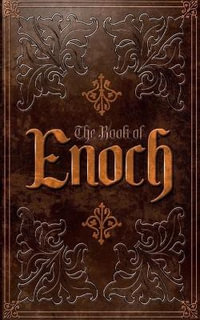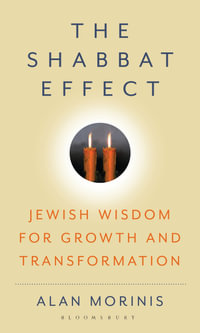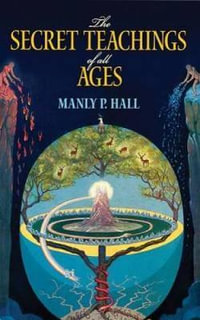
Music and Religious Change among Progressive Jews in London
Being Liberal and Doing Traditional
By: Ruth Illman
Hardcover | 15 September 2018
At a Glance
Hardcover
RRP $170.00
$151.75
11%OFF
Ships in 3 to 5 business days
ISBN: 9781498542203
ISBN-10: 1498542204
Published: 15th September 2018
Format: Hardcover
Language: English
Number of Pages: 182
Audience: Professional and Scholarly
Publisher: Bloomsbury Publishing PLC
Country of Publication: GB
Dimensions (cm): 22.86 x 15.24 x 1.42
Weight (kg): 0.57
Shipping
| Standard Shipping | Express Shipping | |
|---|---|---|
| Metro postcodes: | $9.99 | $14.95 |
| Regional postcodes: | $9.99 | $14.95 |
| Rural postcodes: | $9.99 | $14.95 |
Orders over $79.00 qualify for free shipping.
How to return your order
At Booktopia, we offer hassle-free returns in accordance with our returns policy. If you wish to return an item, please get in touch with Booktopia Customer Care.
Additional postage charges may be applicable.
Defective items
If there is a problem with any of the items received for your order then the Booktopia Customer Care team is ready to assist you.
For more info please visit our Help Centre.
You Can Find This Book In
This product is categorised by
- Non-FictionReligion & BeliefsJudaismJudaism & Worship
- Non-FictionArts & EntertainmentMusicMusic Styles & GenresSacred & Religious Music
- Non-FictionArts & EntertainmentMusicTheory of Music & Musicology
- Non-FictionReligion & BeliefsJudaismJewish Life & Practice
- Non-FictionSociety & CultureSocial GroupsSocial & Cultural Aspects of Religious GroupsJewish Studies
























